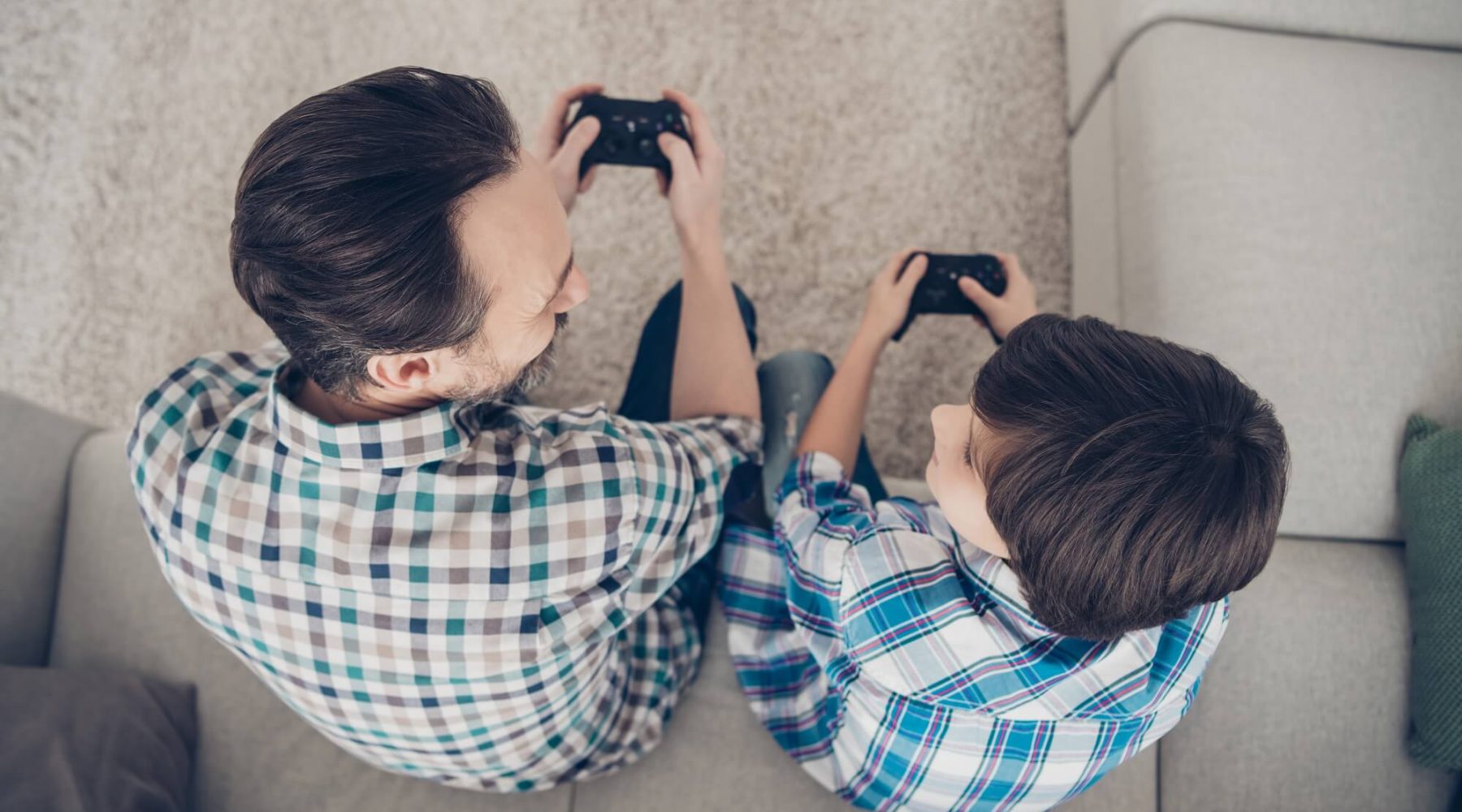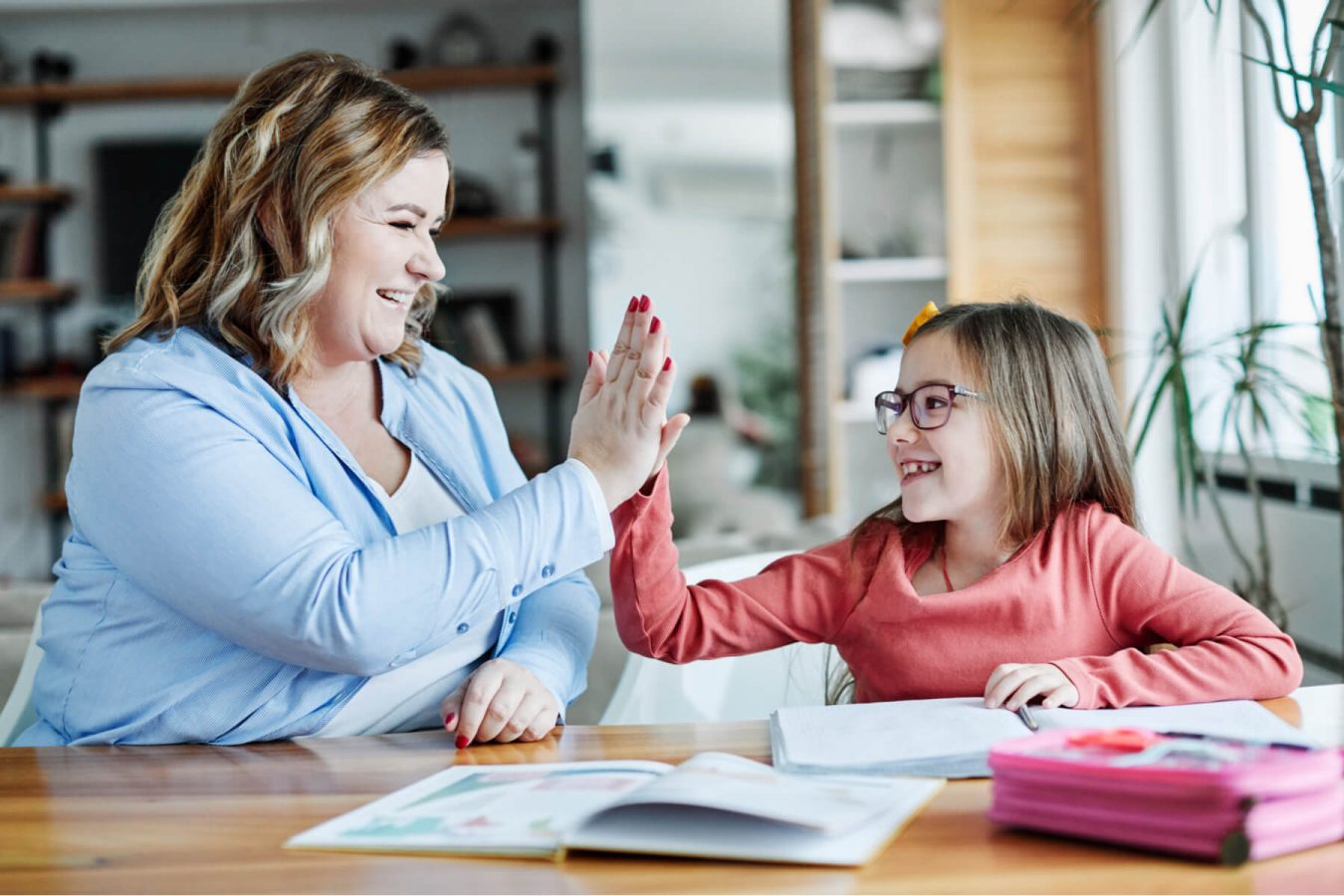
Video games are being used as an effective tool to help neurodivergent kids develop important teamwork skills, writes Jess Rowlings.
When was the last time you picked up a video game controller and immersed yourself in some interactive fun?
If you’re aged between five and 44 years and live in Australia, there’s a strong chance it was in the previous 24 to 48 hours.
According to the latest Digital Australia report, 17 million of us play video games in some form, meaning gaming is now more popular than watching free-to-air TV.
And it’s not just children and teenagers who are getting in on the action: the average ‘gamer’ is now 35 years of age.
As the popularity of gaming has exploded, so too has our understanding of the role it can play in our lives.
Yet unhelpful stereotypes persist, which can spark concerns about the impact of gaming on children’s health and wellbeing and social and emotional development. Common questions centre around how video games can impact a child’s ability to socialise and make friends, and whether gaming is detracting from other important activities, such as studying.
If a parent or carer has not played games themselves, it is understandable that they might view gaming as a solo activity with minimal opportunity for forging social connections.
However, the opposite is true, with three-quarters of adults and children reporting playing games socially – whether online, with others in the same room, or sometimes both!
Gaming my social lifeline
For me, gaming has long provided a social lifeline.
I’m Autistic and have ADHD (although I wasn’t diagnosed with either until adulthood) and struggled socially growing up. Gaming was the one thing I had in common with my peers, enabling me to build social connections. The family PlayStation console also helped me bond with my sister; we’d form a tag team and take it in turns, playing to our own strengths, to pass the levels of our favourite games.
I’m clearly not alone, as 36 per cent of gamers say their hobby has helped them to make new friends.
Now, in my work developing and facilitating social capacity building programs for neurodivergent kids, I’ve seen how video games can be an effective tool for teaching and practising collaborative teamwork skills such as taking turns, encouraging others, asking for help, and giving feedback. These are important skills in everyday life, yet they don’t necessarily come naturally to all of us.
Families of the young people who have participated in Next Level Collaboration workshops are also reporting that as their skills have developed, so too have their friendships, self-esteem, and wellbeing.
Parents and kids should game together
Gaming can also be valuable for self-regulation. One of my favourite games, Animal Crossing, has been found to have a comforting and calming effect on players.
And while video games have been designed to offer a fun, positive experience, it is sensible to be concerned if your child’s gaming is having negative impacts. If a young person appears to become sad, irritable, or anxious when asked to put a game away – perhaps because it’s time for a family meal or homework – this could indicate their relationship with gaming has become, or is becoming, less than healthy.
In working out how to manage this, parents should also consider the bigger picture such as how their child is going at school and in other parts of life, along with the balance between gaming and other commitments.
It is important, however, to maintain a culture of open communication and trust. If children feel like they’re going to lose access to their games, it can make them less inclined to ask for help when needed.
However, my biggest advice is to sit with your child, pick up a controller, and play together.
During the COVID-19 pandemic years, 49 per cent of parents reported playing video games with their children.
And the main reason?
To connect!
So, what are you waiting for?

About the author
Jess Rowlings is a qualified speech and language pathologist and researcher at the Melbourne Graduate School of Education. She is also CEO of Next Level Collaboration, a social enterprise that runs capacity building programs to support neurodivergent children. The organisation is running a teacher training program to help educators set up collaborative gaming workshops in their own schools.
Stay up to date with our newsletter here


